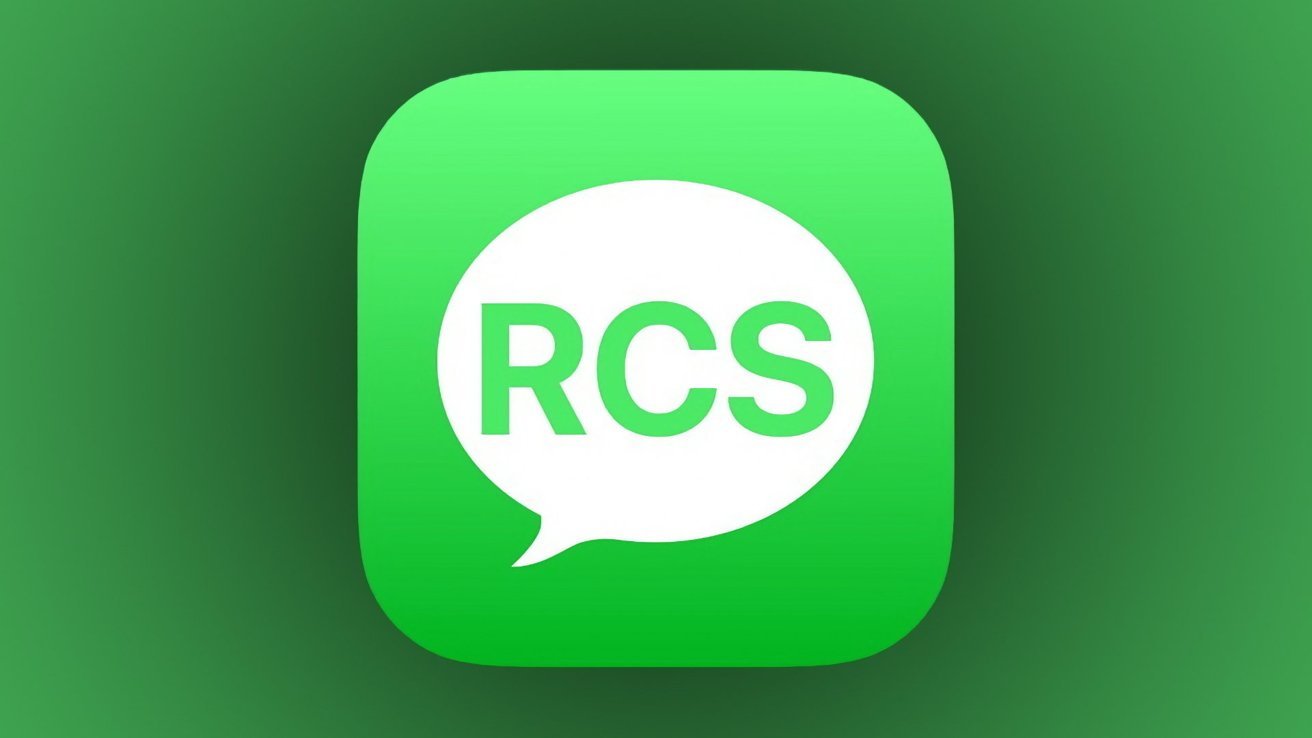Apple’s decision to introduce RCS support to iMessage sometime in 2024 wasn’t caused by pressure from Europe, according to a new report, but instead China may have had more to do with the move.
In November, after years of pressure from Google, Apple agreed it would introduce support for the somewhat flawed RCS messaging standard in iMessage. At the time, Apple said it would arrive during 2024 at some point.
But while it was thought by some that the European Union had something to do with it, one report believes it could’ve been political pressure from China that caused Apple’s change of heart.
John Gruber’s Daring Fireball first refers to the European Commission’s decision that Apple didn’t qualify as a “gatekeeper” to be affected by the inbound Digital Markets Act. The decision means that Europe wasn’t going to force Apple into allowing third-party apps to use iMessage services.
He refers to reports in November about Apple’s decision somehow being influenced by Europe as making “zero sense,” other than seemingly revealing a belief in some of government regulation being better than relying on market forces.
Gruber adds that there were EU leaks from September that iMessage wasn’t to be considered a gatekeeper, before Apple’s November RCS confirmation. This meant the Europe claims “made no sense timing-wise.”
The lack of a direct mention of RCS in DMA is also a factor. The act does mention messaging platform interoperability but as RCS isn’t an interoperability protocol and lacks encryption as a messaging platform, it’s not much better than SMS itself.
There’s also discussion about the assumption of the Commission forcing Apple’s hand being “lazy thinking” according to Gruber, despite years of Apple’s reluctance to support RCS.
Apple’s use of both phone numbers and emails to allow users to use iMessage also stands out compared to other platforms, especially when mixing with carrier-based SMS services. The use of emails as a primary unique identifier for iMessage alongside phone numbers means you can use it without a phone number at all.
The SMS support in the Messages app is more Apple magic than something permeating all of its hardeare, as the SMS itself is still sent and received through an iPhone, and Apple merely handles inter-device synchronization. The Mac is not capable of handling SMS on its own without the iPhone as a conduit.
SMS requires the iPhone to work, and RCS does too, but iMessage does not, Gruber adds. Even if iMessage was deemed a gatekeeper platform, the addition of RCS wouldn’t have mattered for DMA compliance since the messages app is a multi-platform app: iMessage and SMS.
China is requiring RCS
To answer why Apple changed its stance on RCS, Gruber cannot say with certainty, but after months of online whispers, he declares Apple’s hand “was effectively forced” by China.
Gruber points out that Chinese carriers have supported RCS for years, to the level that the Chinese government started in 2023 to codify into law that new 5G devices would require RCS support to be certified in the country.
Highlighting the country’s issues with surveillance and privacy, Gruber believes the Chinese government doesn’t care about RCS lacking encryption.
He underlines the claims, insisting “iOS support for RCS is all about China.”
Though Apple is thought to prefer to ignore RCS so it doesn’t have to deal with new non-E2EE protocols or new carrier-controlled protocols, the control of China’s government comes into play and forces changes, the report concludes.
This story originally appeared on Appleinsider

